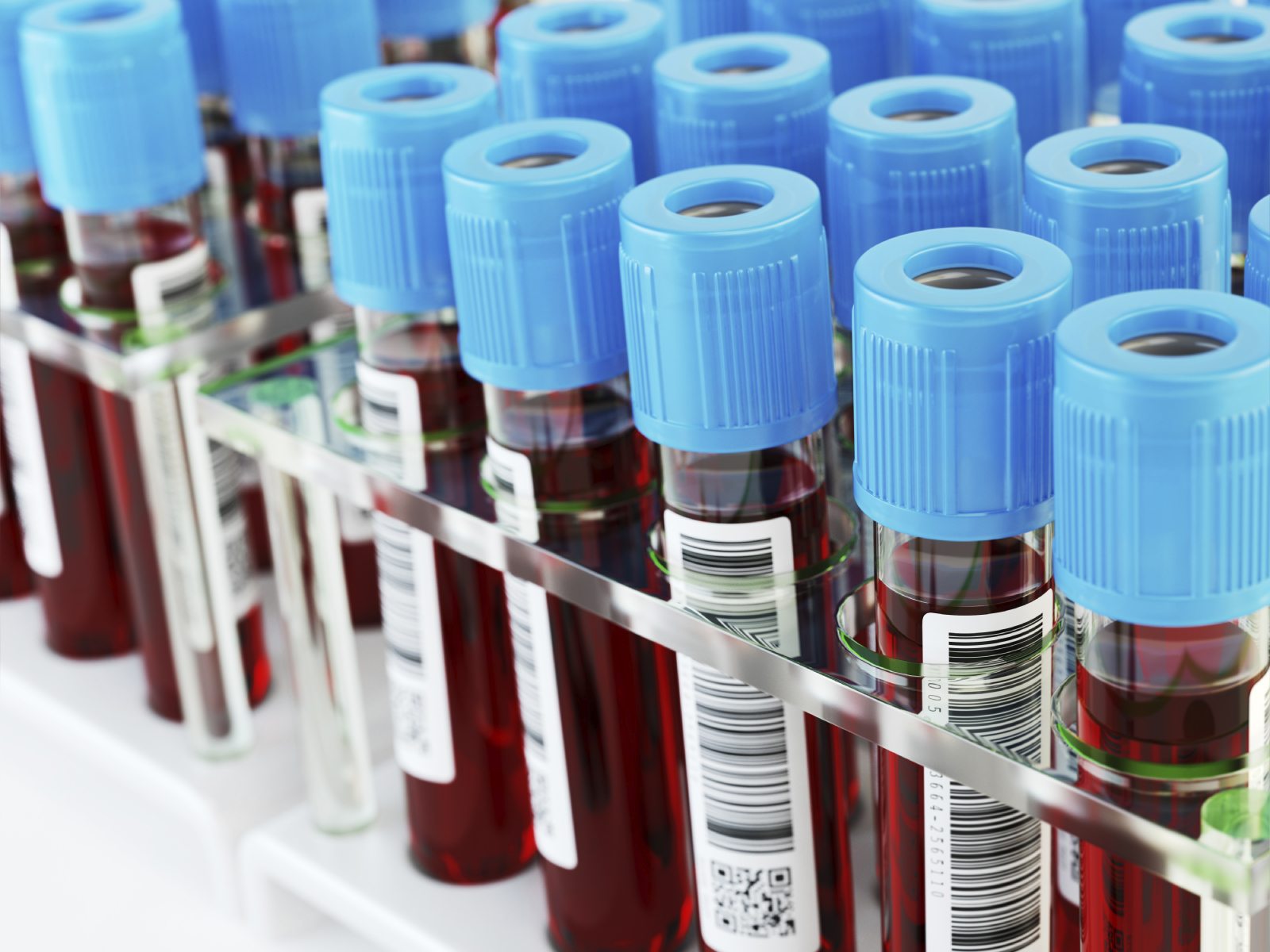FDA approves Roche’s lung cancer liquid biopsy test

The US Food and Drug Administration (FDA) has approved Roche’s cobas epidermal growth factor receptor (EGFR) Mutation Test v2. The decision makes it the first FDA-approved, blood-based genetic test for EGFR mutations in non-small cell lung cancer (NSCLC) patients.
The cobas test is used as a companion diagnostic alongside Genentech and Astellas’ advanced NSCLC drug Tarceva (erlotinib). The test identifies mutations in the epidermal growth factor receptor (EGFR) gene - a gene known to be mutated in around 10-20% of all cases of NSCLC.
In this instance, the cobas test specifically tests for exon 19 deletion or exon 21 substitution mutations, both of which have been linked to a better response to Tarceva in patients with metastatic NSCLC.
"Approvals of liquid biopsy tests make it possible to deliver highly individualised health care for patients," said Alberto Gutierrez, director of the Office of In Vitro Diagnostics and Radiological Health in the FDA's Center for Devices and Radiological Health. "Liquid biopsies also have the potential to allow physicians to identify patients whose tumours have specific mutations in the least invasive way possible."
By investigating circulating tumour DNA in the blood, liquid biopsies have shown the potential to revolutionise cancer diagnostics for some time now and offer a non-invasive method for cancers that are otherwise hard to diagnose with traditional tissue biopsy techniques.
In advanced NSCLC in particular, providing a tissue biopsy is not always a feasible option, with patient sickness often meaning that surgical procedures are too invasive or that the patients themselves are unable to travel to the location of their surgery, and it can also be difficult to obtain a sufficient amount of tumour tissue for molecular testing.
Liquid biopsy technology offers a platform that circumvents these issues with Roche’s cobas EGFR Mutation Test v2 promising a diagnostic for a type of lung cancer that currently leads to around 160,000 US deaths every year.
It will join a growing list of liquid biopsy tests developed by start-ups and pharma giants alike, such as Pacific Edge’s Cxbladder monitor platform, Sysmex Inostics’ RAS detection test, and potentially tests developed by Siemens Healthineers after its acquisition of molecular diagnostics company New Oncology. Roche’s test, however, will be the first liquid biopsy in NSCLC.
"The advent of liquid diagnostic platforms in non-small cell lung cancer is truly a game changer in the diagnostic workup of advanced-stage patients. The ability to both isolate and genetically interrogate tumour DNA from a simple, minimally invasive test that can subsequently inform treatment decisions is a win for both physician and patient," said Dr Benjamin Levy, director of Thoracic Medical Oncology, Mount Sinai Health Systems and Hospital. "These platforms have the potential to expedite care and potentially circumvent an otherwise cumbersome process of procuring tissue (biopsy) often fraught with complications and complexity."











